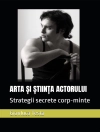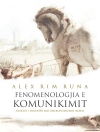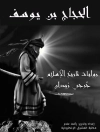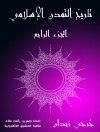Are artists seismographs during processes of transformation? Is theatre a mirror of society? And how does it influence society offstage? To address these questions, this collection brings together analyses of cultural policy in post-apartheid South Africa and actors of the performing arts discussing political theatre and cultural activism. Case studies grant inside views of the State Theatre in Pretoria, the Market Theatre in Johannesburg and the Baxter Theatre in Cape Town, followed by a documentation of panel discussions on the Soweto Theatre. The texts collected here bring to the surface new faces and voices who advance the performing arts with their images and lexicons revolving around topics such as patriarchy, femicide and xenophobia.
เกี่ยวกับผู้แต่ง
Lebogang L. Nawa is a former post-doctoral researcher at the Tshwane University of Technology (TUT) and now Director of privately self-owned Segarona Culture Institute, South Africa.












